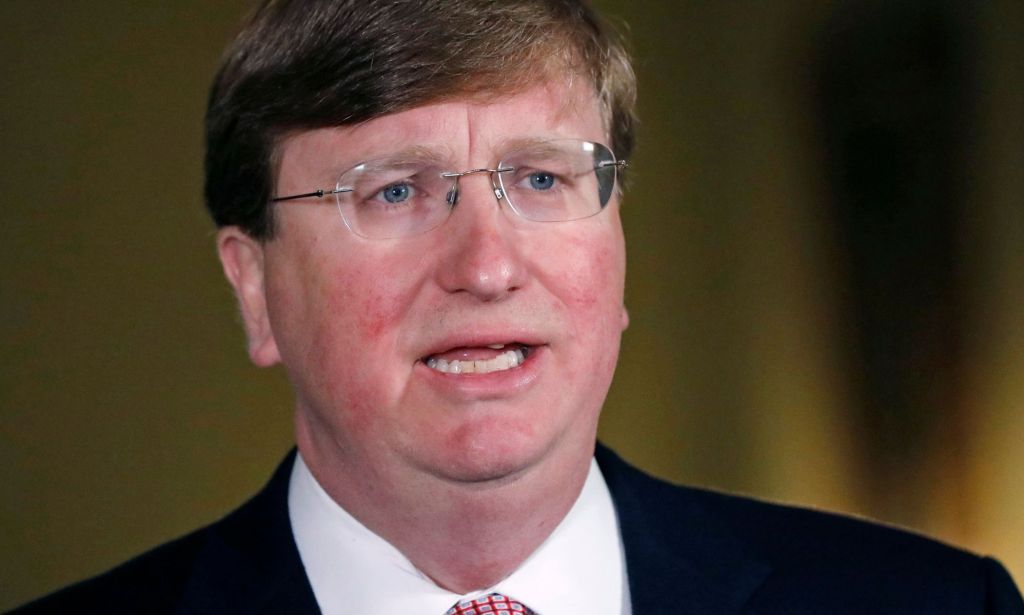Mississippi bans trans people from using correct school bathroom

Mississippi has become the latest state to ban trans people from the correct public bathrooms. (Getty)
Trans people in the state of Mississippi will no longer be able to use the toilets that correspond with their gender identity, after a law was signed into effect this week.
The bill, sponsored by 21 Republican lawmakers was signed by governor Tate Reeves on Monday (13 May).
Two weeks after it passed through the legislator, by a vote of 85 to 29, Republican Reeves announced that the Safer Act, had been signed into law.
“The far-left radicals aren’t going to like it… but in Mississippi, we’re going to protect women’s spaces,” he wrote in a post on Facebook.
The Safer Act, which stands for Securing Areas for Females Effectively and Responsibly, requires public schools, colleges, universities and public housing to adhere to a trans-exclusionary definition of male and female.
Clauses within the bill also state circumstances in which those of the opposite gender are able to access single-sex spaces, including to assist a child under the age of 12, or a vulnerable person.

“It’s mind-blowing that this is what Joe Biden’s America has come to,” Reeves wrote. “Having to pass common-sense policies that protect women’s spaces was unimaginable just a few years ago. But here we are.”
In a post on 26 April, American Civil Liberties Union (ACLU) Mississippi advocacy intern Kerrigan Clark and director of policy and advocacy, Ashley McLaughlin, branded the legislation a “blatant disregard” for the constitutional rights of Americans.
“Bills like [The Safer Act] further marginalise and isolate trans people in our communities,” they wrote. “Furthermore, this bill would add additional strain on our legal system to investigate and attempt to compensate complainants for an ‘encounter’ in the bathroom.
“The reality is, an ‘encounter’ can mean any number of things. This vague language sets a dangerous threshold.”
The ACLU argued that there are “existing laws” to help protect people in public spaces, including against harassment, assault or misconduct, while saying new bans can “compromise public safety”.
How did this story make you feel?

